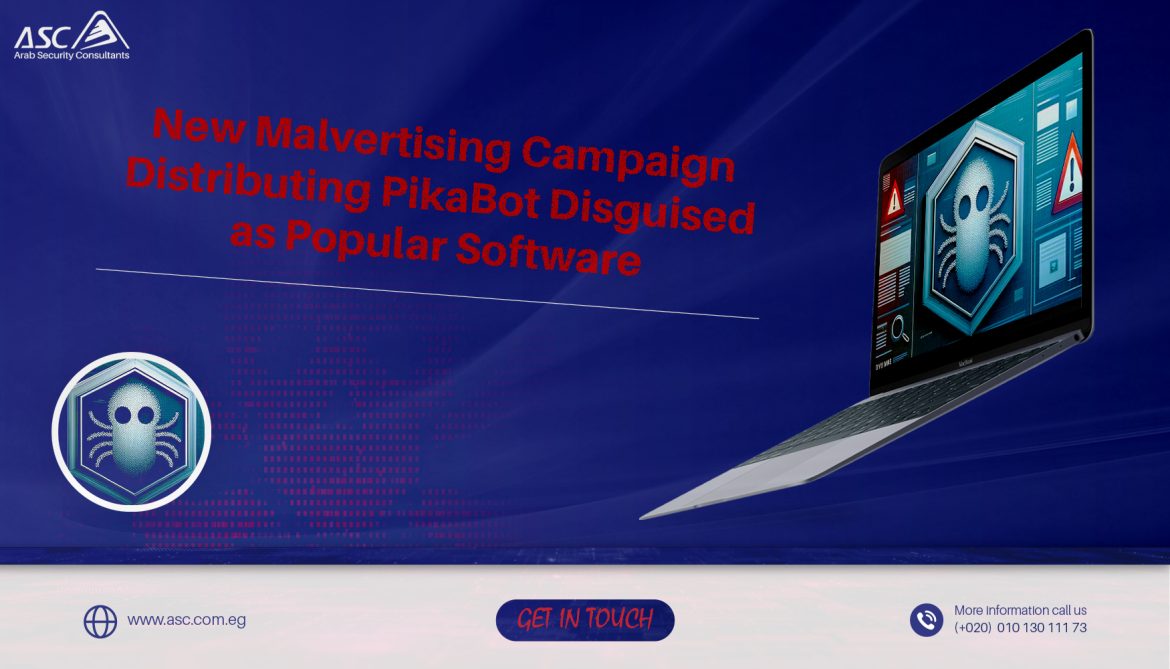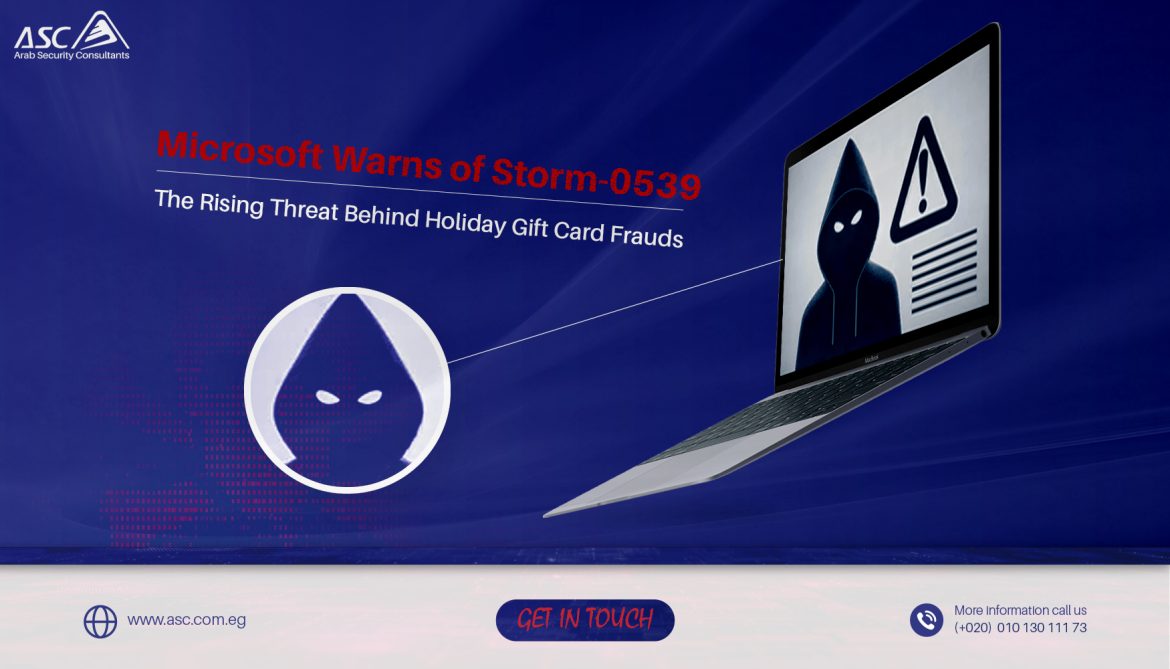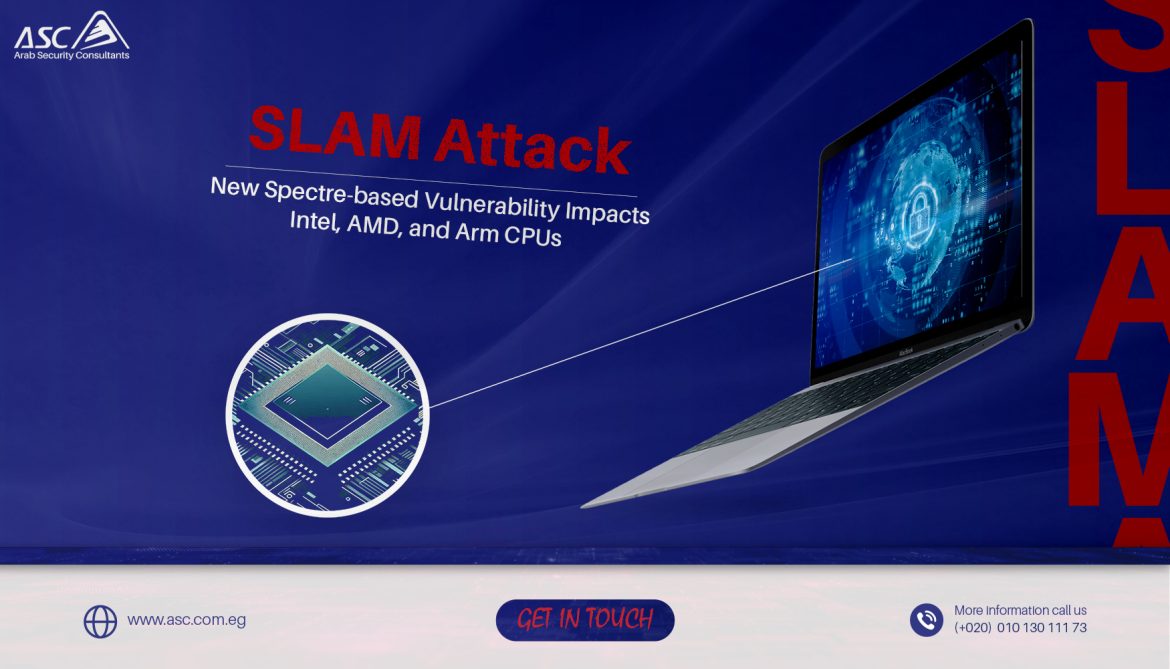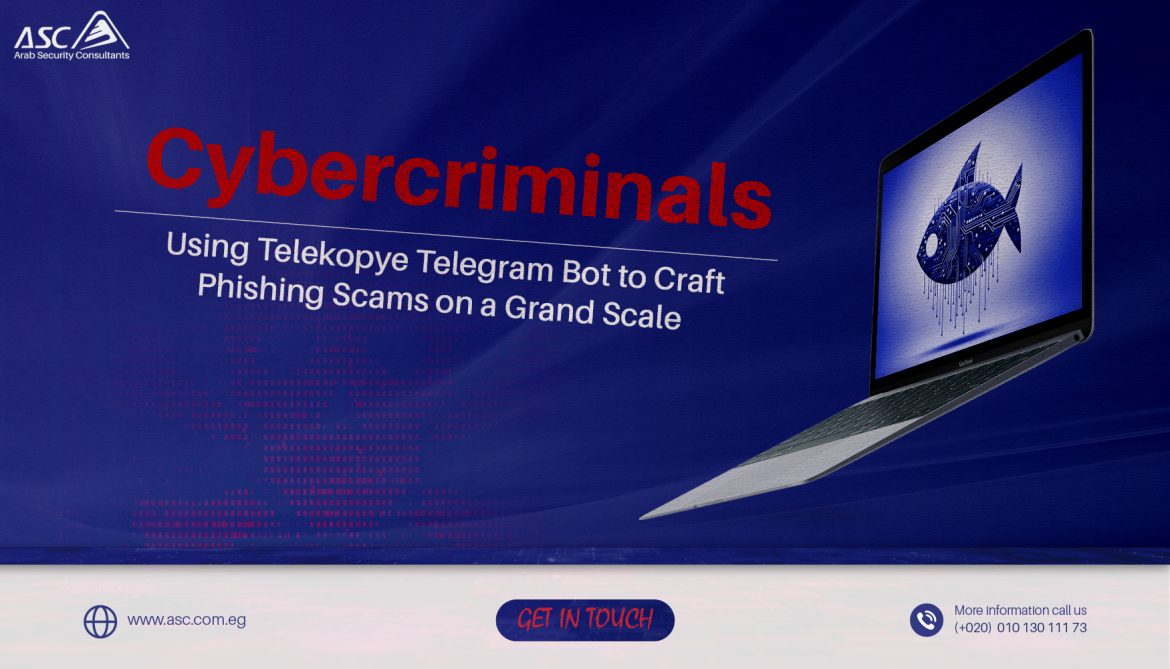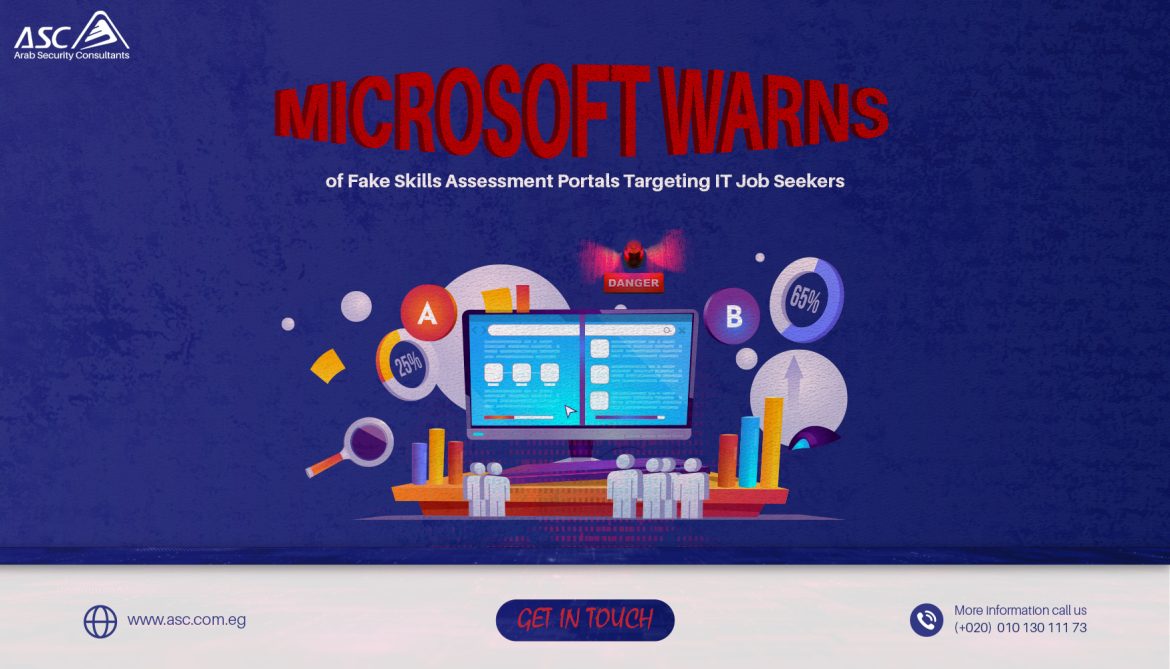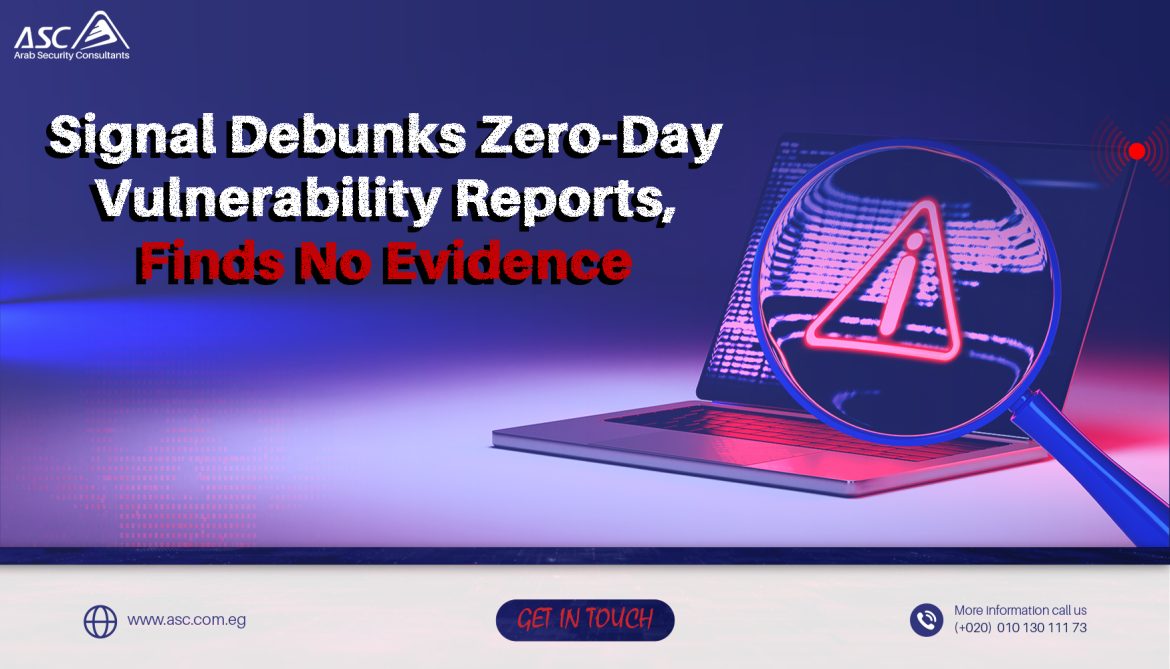New Malvertising Campaign Distributing PikaBot Disguised as Popular Software
The malware loader known as PikaBot is being distributed as part of a malvertising campaign targeting users searching for legitimate software like AnyDesk. “PikaBot was previously only distributed via malspam campaigns similarly to QakBot and emerged as one of the preferred payloads for a threat actor known as TA577,” Malwarebytes’ Jérôme Segura said. The malware family, which first appeared in early 2023,
- Published in News
Microsoft Warns of Storm-0539: The Rising Threat Behind Holiday Gift Card Frauds
Microsoft is warning of an uptick in malicious activity from an emerging threat cluster it’s tracking as Storm-0539 for orchestrating gift card fraud and theft via highly sophisticated email and SMS phishing attacks against retail entities during the holiday shopping season. The goal of the attacks is to propagate booby-trapped links that direct victims to adversary-in-the-middle (AiTM)
- Published in News
SLAM Attack: New Spectre-based Vulnerability Impacts Intel, AMD, and Arm CPUs
Researchers from the Vrije Universiteit Amsterdam have disclosed a new side-channel attack called SLAM that could be exploited to leak sensitive information from kernel memory on current and upcoming CPUs from Intel, AMD, and Arm. The attack is an end-to-end exploit for Spectre based on a new feature in Intel CPUs called Linear Address Masking (LAM) as well as
- Published in News
Agent Racoon Backdoor Targets Organizations in Middle East, Africa, and U.S.
In a recent analysis, Palo Alto Networks Unit 42 researcher Chema Garcia revealed a targeted cyber threat affecting organizations in the Middle East, Africa, and the United States. The unknown threat actor is distributing a sophisticated backdoor named Agent Racoon, developed using the .NET framework. The malware exploits the domain name service (DNS) protocol to
- Published in News
Cybercriminals Using Telekopye Telegram Bot to Craft Phishing Scams on a Grand Scale
More details have emerged about a malicious Telegram bot called Telekopye that’s used by threat actors to pull off large-scale phishing scams. “Telekopye can craft phishing websites, emails, SMS messages, and more,” ESET security researcher Radek Jizba said in a new analysis. The threat actors behind the operation – codenamed Neanderthals – are known to run the criminal enterprise as a
- Published in News
8 Base Group Deploying New Phobos Ransomware Variant via SmokeLoader
A subgroup within the infamous Lazarus Group, recognized as Sapphire Sleet, has recently altered its modus operandi by employing a variant of the Phobos ransomware in its financially motivated cyberattacks. This strategic shift has been documented by cybersecurity researchers at Cisco Talos, who have observed an uptick in activities carried out by these cybercriminals. Sapphire
- Published in News
Microsoft Warns of Fake Skills Assessment Portals Targeting IT Job Seekers
The well-known Lazarus Group has evolved, with a faction now setting up deceptive platforms masquerading as skill assessment portals, part of their new social engineering tactics. Identified by Microsoft as Sapphire Sleet, this alteration marks a change in the group’s persistent methods. Sapphire Sleet, also recognized as APT38, BlueNoroff, CageyChameleon, and CryptoCore, is notorious for
- Published in News
Google’s New “Independent Security Review” Badge: Enhancing App Safety in Play Store
Introduction In an age where we rely heavily on mobile applications for various aspects of our daily lives, ensuring their security is paramount. Google is taking a significant step to bolster app safety in the Play Store by introducing the “Independent Security Review” badge. This badge is designed to provide users with more information about
- Published in News
Signal App Refutes Alleged Zero-Day Flaw Amidst Security Debates
Signal, the renowned encrypted messaging app, has firmly pushed back against recent reports of an alleged zero-day vulnerability in its software. The company conducted a thorough investigation and stated that it found no concrete evidence to substantiate the claim. In a series of messages posted on social media platform X (formerly Twitter), Signal emphasized that
- Published in News
Persistent Cyber Campaign “Stayin’ Alive” Targets High-Profile Asian Government and Telecom Entities
In a noteworthy development, a cyber campaign known as “Stayin’ Alive” has been actively targeting prominent government and telecom organizations across Asia since 2021. The campaign, discovered by cybersecurity firm Check Point, is characterized by its deployment of basic backdoors and loaders to deliver more advanced malware in subsequent stages. Key targets of this campaign
- Published in News


